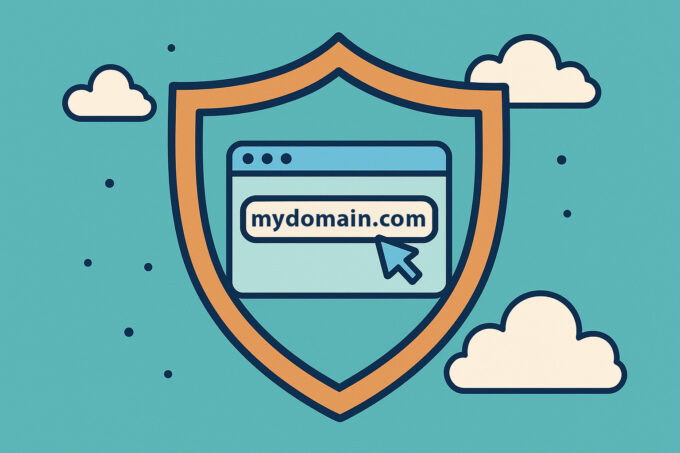Having a strong online presence is essential for any business. But with so many social networks available, it can be overwhelming to decide where to focus your efforts. To make the most of your online marketing strategy, it’s crucial to understand the unique characteristics of each social network and tailor your content accordingly. In this blog post, we’ll explore the top 10 social networks where you should share your business blog posts and articles, taking into consideration the platform’s audience and content preferences.
- Facebook: With over 2.8 billion monthly active users, Facebook is a versatile platform where you can share a variety of content, including blog posts, articles, and videos. Engage with your audience through meaningful posts and discussions.
- Twitter: Twitter is known for its fast-paced, concise updates. Share short articles, news, and industry insights. Utilize trending hashtags to increase your visibility.
- LinkedIn: Ideal for B2B businesses, LinkedIn is a professional network. Share in-depth articles, thought leadership pieces, and industry-specific content to showcase your expertise.
- Instagram: This visual platform is perfect for businesses with stunning imagery. Share photos of your products, team, and behind-the-scenes moments. Use Stories to engage with your audience in real time.
- Pinterest: If your business is visually appealing, Pinterest is a must. Share blog posts with eye-catching images, DIY tutorials, and infographics to inspire users.
- YouTube: If video content is your forte, create a YouTube channel. Share how-to guides, product demos, and vlogs to connect with your audience.
- Reddit: Engage in niche communities on Reddit by sharing valuable insights and participating in discussions. Be transparent and authentic to gain trust.
- Tumblr: A microblogging platform, Tumblr is perfect for shorter, visually appealing posts. Share GIFs, quotes, and blog snippets to capture your audience’s attention.
- Snapchat: Ideal for reaching a younger demographic, Snapchat allows you to share short-lived content, such as promotions and behind-the-scenes glimpses.
- Quora: Use Quora to answer questions related to your industry or niche. Include backlinks to your blog posts for further information.
Remember that not all social networks accept external website links in the same way. Some platforms, like Facebook and Twitter, allow you to share links to your blog posts directly. Others, such as Instagram and Snapchat, require you to create engaging content within the platform and include a link in your bio or Stories.
To maximize your social media impact, here are some essential tips:
- Craft tailored content for each platform.
- Use relevant hashtags and keywords.
- Engage with your audience through comments and messages.
- Analyze your performance using built-in analytics tools.
In conclusion, the choice of social networks for your business should align with your target audience and content style. By understanding the unique characteristics of each platform, you can effectively reach and engage with your audience, ultimately driving more traffic to your website and boosting your brand’s online presence. Happy posting!
Remember, your blog is only as effective as your promotion strategy. Share your content on the right social networks to get the most out of your hard work.



